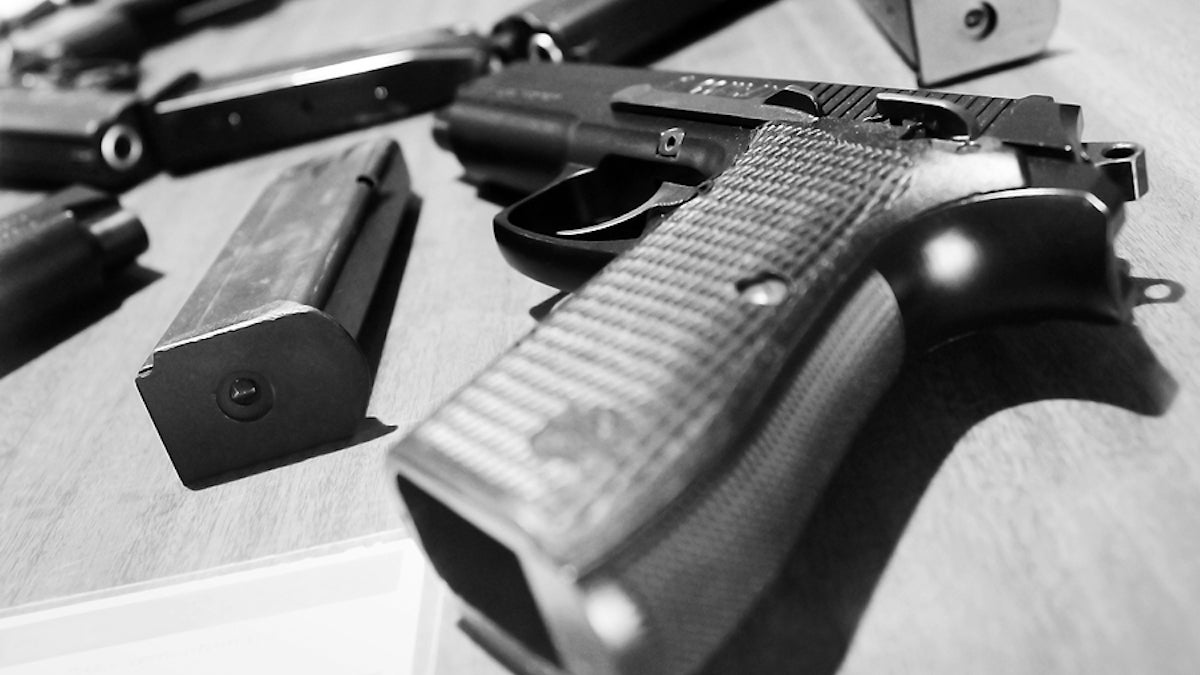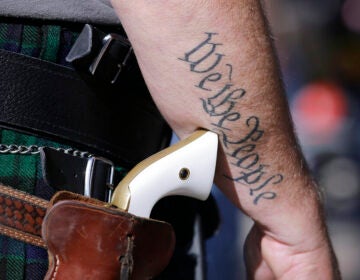Critics of Obama gun rule say focusing on mental illness misses the mark

(Abraham Adeodatus/BigStock)
The House of Representatives voted last week to repeal an Obama-era regulation aimed at preventing more people with severe mental illnesses from buying guns.
The move has revived debate over efforts to keep guns out of the hands of people with mental health problems; psychiatric experts and even some anti-gun violence activists saying that the emphasis on these measures is misguided.
“It truly is a deeply offensive policy,” said Paul Appelbaum, a professor of psychiatry at Columbia University of the gun rule.
The rule would prevent gun sales to those whose mental health-related disability is so severe that they’ve appointed someone else to manage their Social Security benefits. Their names would be added to the national background-check system for gun purchases. It took effect two days before President Obama left office, but compliance is not required until December.
Primarily Republicans voted against the new regulation, but they found some unlikely allies in the ACLU and mental health advocates.
Appelbaum, a member of a consortium that promotes evidence-based policies for preventing gun violence, said no data shows that people identified by the rule are more prone to violence.
“The focus is irrational in that there are many groups at much higher risk of violence than people with mental illness who we continue to allow to have access to guns,” he said.
That includes those who have been convicted of violent misdemeanors or drug and alcohol abuse.
Federal law already bans guns sales to anyone committed to a mental health institution or ruled mentally incompetent by a court. But those records don’t always show up in the national gun-check database. States have been stepping up efforts over several years to share records with the national system. Pennsylvania, New Jersey and Delaware are among the top performers.
It’s important to continue updating these records, said Shira Goodman, executive director of CeaseFirePA, said.
However, she said, a history of mental health problems shouldn’t be the final determination on whether someone can be trusted with a gun.
“I don’t think that the current list of how we make those definitions of prohibited purchasers should be the be-all and end-all,” Goodman said. “Those should be things we’re discussing and debating — and figuring out what are real predictors of dangerousness.”
Singling out people with mental illness won’t do much to stop deadly shootings, she said.
WHYY is your source for fact-based, in-depth journalism and information. As a nonprofit organization, we rely on financial support from readers like you. Please give today.




